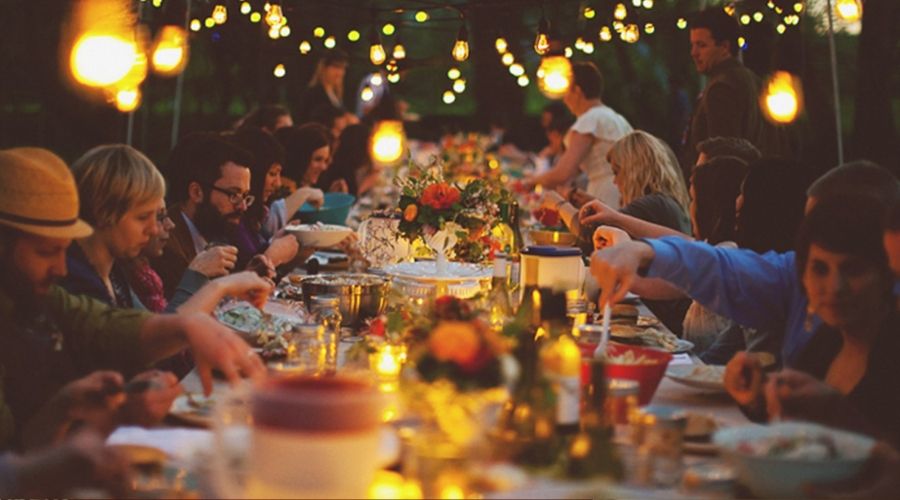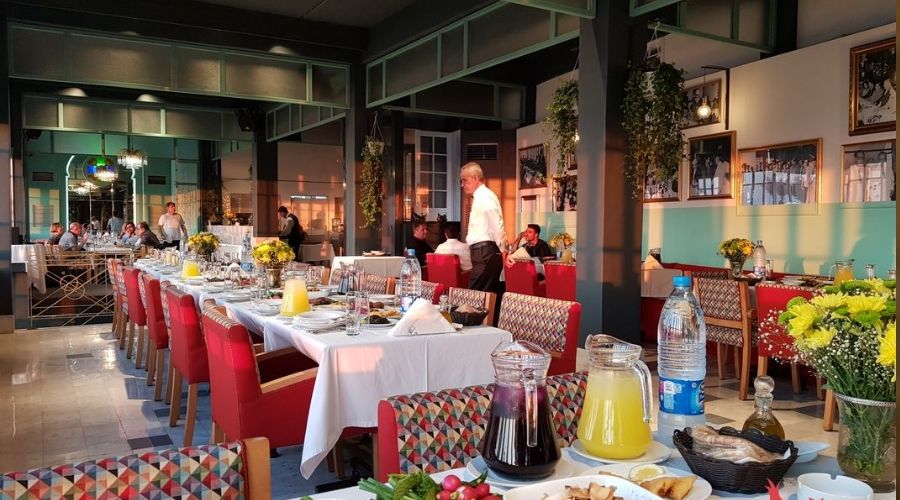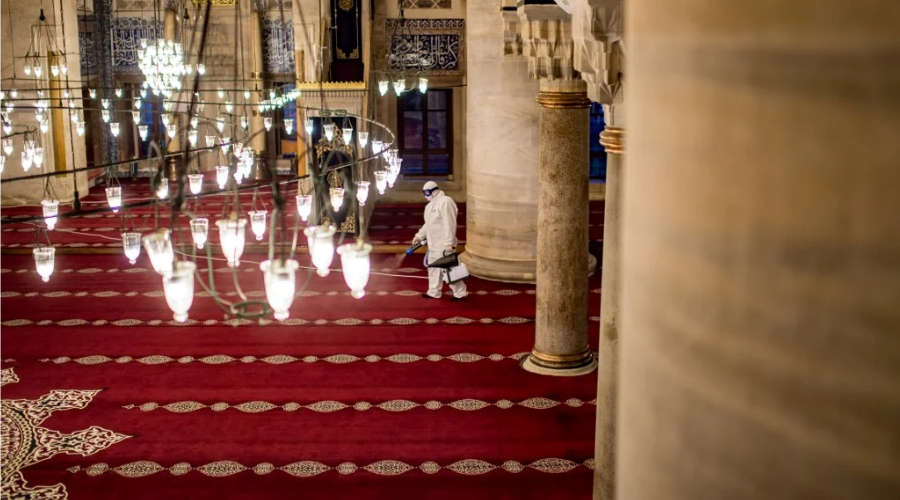With the COVID-19 pandemic spreading like wildfire across the world, the lockdown period is only increasing without any progress towards betterment. And this crisis has taken into its folds the Holy Month Of Ramadan. Standing now only a few days away, Ramadan is one of the most sacred times for the Muslims and important time for not just fasting and prayers but a time when the community comes together.
If the lockdown continues, people will be barred from doing everyday activities that are an integral part of their Ramadan routines for decades. Here we have listed a few things that Pakistanis and Muslims worldwide will be facing this year in a Ramadan spent from their homes.
Coronavirus: Sectors in Pakistan Allowed to Work During Lock-down
1. This may be the first-ever scenario where the mosques might remain closed during Ramadan.
Ramadan for the Muslims is the one time when the masjids are stacked at all times with people either coming in to offer prayers or studying, reciting, listening to the Quran. But due to the general rule of social distancing that WHO has recommended people should observe during the pandemic, masjids all over the world have been closed after many deliberations.
Even if the ulemas and religious dignitaries decide not to follow govt’s mandate to maintain social distancing, it is highly unlikely that a common Pakistani will take the risk of coming to a mosque full of potential risk.
2. Taraweeh prayers – will they take place in mosques or not?
Taraweeh is a prayer during which the whole Quran is recited within the time-period of Ramadan and is one of the most celebrated aspects of Ramadan as the whole community gathers for performing it. But this year, it is possible that these long night prayers will be cancelled as masjids will not open due to the lock-down. If the situation persists then Ihtikafs and 27th Ramadan special prayers may also be cancelled in mosques.
3. Limited gatherings at home for Iftars might be the new normal.

Iftar is when families and friends come together to break their fasts and are the sharing of gestures and food with each. But the proximity that spreads the coronavirus will barre all such activities as people have caught the virus around the world at family dinners and gatherings.
4. Empty markets & shopping malls – not many of us are thinking about Eid shopping this time…
Ramadan is the busiest season for the retailers in Pakistan as people flock the markets to buy new clothes for their iftar parties, did celebrations and gathering. With pay cuts, job losses and every family taking a financial hit, not many of us are thinking about Eid shopping right now.

Even with e-commerce selling on the rise, the retail businesses, particularly big fashion brands all over the country, have taken a hit as they’re losing a huge chunk of business after mall closures. Unless the restrictions ease down in the next few weeks and malls open up for business, as usual, Eid shopping this year will be without its usual hustle and bustle.
Also, with people working from home, insecurity about jobs has risen, making people more conscious about their spending habits.
5. Iftar & Sehri Food deals but at home only?
With courier companies and food delivery apps suffering from not being able to give optimal services during the lock-down, this will result in massive losses for all businesses around the country. With products being delivered with no promise of any definite delivery dates, consumers are hesitant to place orders at all.

The scenario for eateries during Ramadan does not look good as people are scared to consume anything not made with their own hands in their own houses. As is evident by social media, people with now a lot of time on their hands due to lock-downs have started experimenting and making recipes for all kinds of dishes.
Under these circumstances, Muslims around the world are encouraged not to be disheartened rather try and increase their worship and social welfare activities from home. Many institutions have announced online Quran and Ramadan courses for this time and many welfare programs for the underprivileged have been announced which can use support.
How are you planning to spend Ramadan this year? Let us know in the comments below!


























